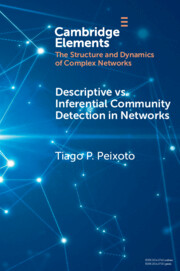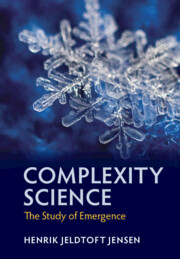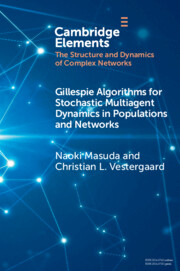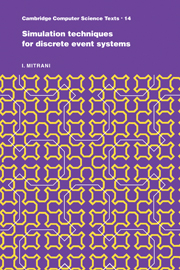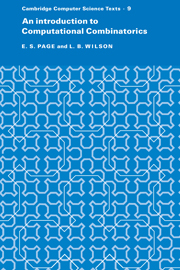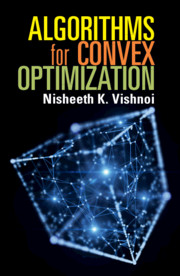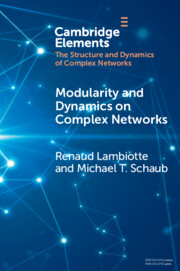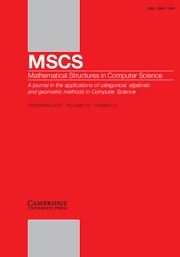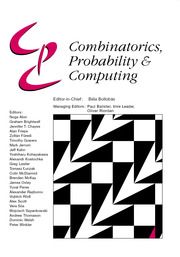Descriptive vs. Inferential Community Detection in Networks
Pitfalls, Myths and Half-Truths
CAD$24.95 (P)
Part of Elements in the Structure and Dynamics of Complex Networks
- Author: Tiago P. Peixoto, Central European University, Vienna
- Date Published: August 2023
- availability: Available
- format: Paperback
- isbn: 9781009113007
CAD$
24.95
(P)
Paperback
Other available formats:
eBook
Looking for an examination copy?
This title is not currently available for examination. However, if you are interested in the title for your course we can consider offering an examination copy. To register your interest please contact [email protected] providing details of the course you are teaching.
-
Community detection is one of the most important methodological fields of network science, and one which has attracted a significant amount of attention over the past decades. This area deals with the automated division of a network into fundamental building blocks, with the objective of providing a summary of its large-scale structure. Despite its importance and widespread adoption, there is a noticeable gap between what is arguably the state-of-the-art and the methods which are actually used in practice in a variety of fields. The Elements attempts to address this discrepancy by dividing existing methods according to whether they have a 'descriptive' or an 'inferential' goal. While descriptive methods find patterns in networks based on context-dependent notions of community structure, inferential methods articulate a precise generative model, and attempt to fit it to data. In this way, they are able to provide insights into formation mechanisms and separate structure from noise. This title is also available as open access on Cambridge Core.
Customer reviews
Not yet reviewed
Be the first to review
Review was not posted due to profanity
×Product details
- Date Published: August 2023
- format: Paperback
- isbn: 9781009113007
- length: 75 pages
- dimensions: 230 x 153 x 5 mm
- weight: 0.137kg
- availability: Available
Table of Contents
1. Introduction
2. Descriptive vs. inferential community detection
3. Modularity maximization considered harmful
4. Myths, pitfalls, and half-truths
5. Conclusion
References.
Sorry, this resource is locked
Please register or sign in to request access. If you are having problems accessing these resources please email [email protected]
Register Sign in» Proceed
You are now leaving the Cambridge University Press website. Your eBook purchase and download will be completed by our partner www.ebooks.com. Please see the permission section of the www.ebooks.com catalogue page for details of the print & copy limits on our eBooks.
Continue ×Are you sure you want to delete your account?
This cannot be undone.
Thank you for your feedback which will help us improve our service.
If you requested a response, we will make sure to get back to you shortly.
×
